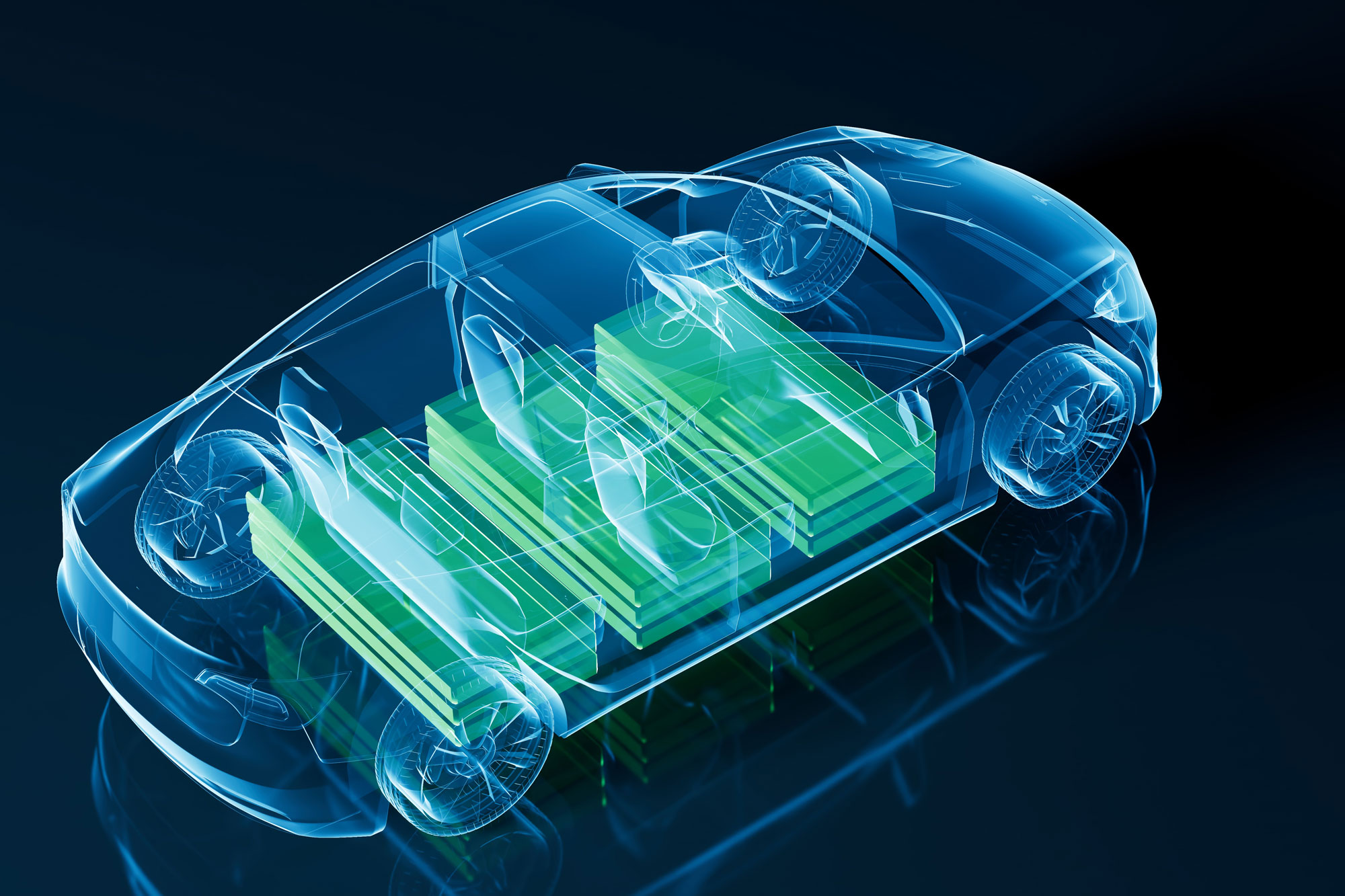The Hidden Costs of Driving an Electric or Plug-in Hybrid Electric Vehicle
Despite not burning expensive gasoline, EVs and PHEVs can unexpectedly impact your wallet.
 Getty Images
Getty Images
Electric vehicles (EVs) liberate their owners from the financial impact of rising fuel prices, but they also come with hidden costs of their own. Plugging in might help you avoid paying at the pump, but several aspects of EV ownership can have you paying extra for things you might not have considered at the time of purchase.
Whether an EV makes sense for you financially depends on factors such as where you live, if you own your home, your energy costs, and whether you choose to buy a new or used vehicle.
EVs Can Have Higher Registration Fees
Most road maintenance is paid for by fuel taxes, which puts gas-free EVs in a tough spot. To ensure that EV owners are paying their fair share of the repairs required to keep streets and highways in top shape, several states have implemented additional registration fees designed to compensate for the fuel-tax shortfall.
Depending on where you live, the extra cost can range from $50 to $200 per year, with some states also adding a surcharge for plug-in hybrid electric vehicles (PHEVs).
Installing a Home EV Charging Station Can Be Pricey
If you have a driveway or a garage, being able to charge at home can be a key benefit of EV ownership. You'll need to install a 240-volt Level 2 charger to maximize your charging time.
Pricing for a home charger varies, but can start as low as $350. The installation itself, which must be performed by an electrician, can cost significantly more — as much as $2,000, not including any necessary local permits. If you move, you're unlikely to be able to take that equipment with you and you can't recoup the installation costs, making renters less likely to go down this path. Renters also are unlikely to be able to install the equipment, depending upon the terms of their leasing agreement.
The Electricity to Charge an EV Is Not Free
Many utility companies charge variable rates for electricity. Sometimes these rates change depending on the time of day power is consumed. In contrast, others add a surcharge once consumption moves past a certain number of kilowatt-hours.
If you can plan to charge your vehicle at a time that coincides with the lowest rate schedule, your electricity costs shouldn't increase substantially, especially when compared with the price of gasoline to cover similar driving mileage. If you charge outside those windows, however, or your rates are based on overall consumption, your electricity bill might begin to climb.
EVs Can Depreciate More Than Conventional Cars
Almost every EV depreciates more quickly than a similarly priced gas-powered model, with
One reason for this gap is that EV technology is advancing exponentially, leaving behind older models with more modest range, slower charging standards, and quickly depleting batteries. Federal and state rebates also play a role, as new EVs are discounted from their sticker price at a level second-hand models can't match.
Written by humans.
Edited by humans.
 Benjamin Hunting
Benjamin HuntingBenjamin Hunting is a writer and podcast host who contributes to a number of newspapers, automotive magazines, and online publications. More than a decade into his career, he enjoys keeping the shiny side up during track days and always has one too many classic vehicle projects partially disassembled in his garage at any given time. Remember, if it's not leaking, it's probably empty.
Related articles
View more related articles